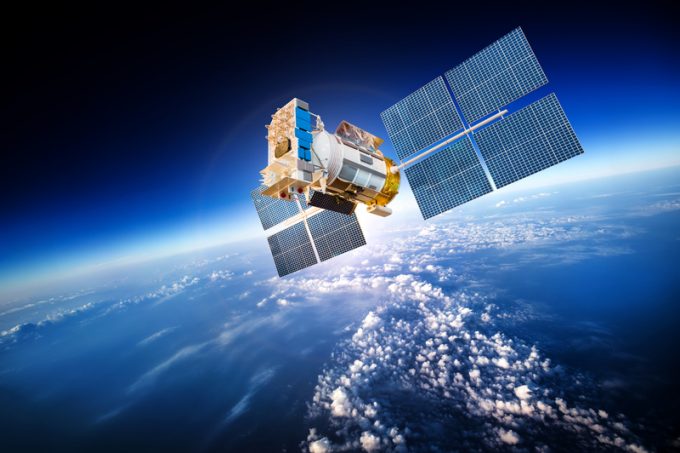Box tracking takes off – but who owns the data?
Last year, Hapag-Lloyd partnered with Orbcomm and Nexxiot to equip its dry containers with tracking ...
ZIM: TAKING PROFITXPO: CPI BOOSTMAERSK: WINNERCHRW: TOP 'QUANT' PICKGXO: KEY EXEC OUTAAPL: 'MUSK RISK'EXPD: SELL-SIDE BEAR UPS TARGETUPS: SLIDINGZIM: SURGING ON TAKEOVER TALKEXPD: CASHING INCHRW: INSIDER SALEFWRD: TRADING UPDATE
ZIM: TAKING PROFITXPO: CPI BOOSTMAERSK: WINNERCHRW: TOP 'QUANT' PICKGXO: KEY EXEC OUTAAPL: 'MUSK RISK'EXPD: SELL-SIDE BEAR UPS TARGETUPS: SLIDINGZIM: SURGING ON TAKEOVER TALKEXPD: CASHING INCHRW: INSIDER SALEFWRD: TRADING UPDATE

Every cargo ship now has to have an automatic identification system (AIS), which allow it to be recognised by land-based receivers and the Internet of Things. AIS was originally developed as a collision avoidance system for vessels, but is increasingly being harnessed for tracking vessel movements, especially as it has become possible to use satellites to receive AIS transmissions. And with the development of the Internet of Things and machine-to-machine interfacing, the potential value that could be unlocked in global supply chains is significant, according to this think piece in Maritime Executive. “Commercial customers on the other hand are realising the potential of satellite AIS to shed light into the critical ocean segment of global trade and logistics operations, running the gamut from tracking energy and commodity shipments to container vessels hauling consumer and industrial goods.”



Comment on this article